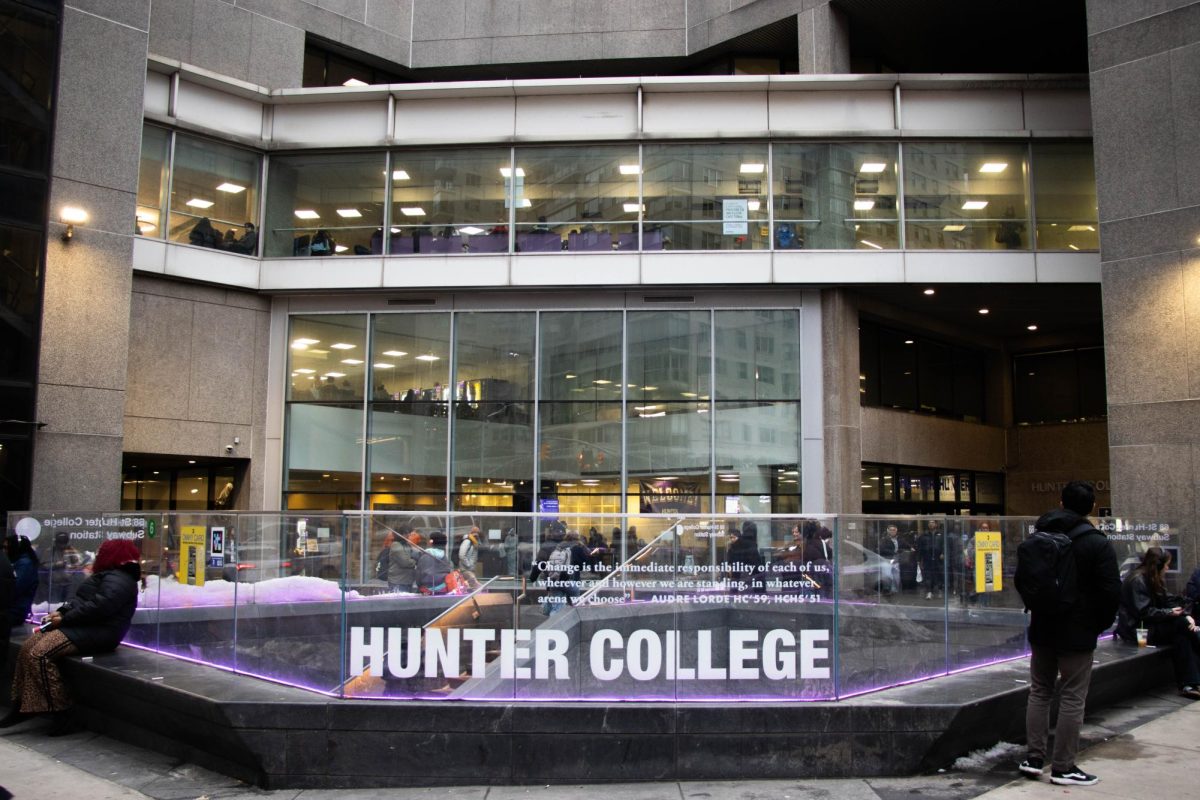Baruch College’s dark history surrounding hazing activities originated eight years ago, but more can still be done today to ensure students are educated about the dangers of hazing.
This is not to mitigate the efforts Baruch has already put into protecting its students. The college has had a moratorium on social Greek life on campus that will be in place until May 31.
It has not been confirmed whether Interim Acting Provost and Senior Vice President for Academic Affairs Myung-Soo Lee will choose to extend the moratorium again.
Provost and Senior Vice President for Academic Affairs David Christy said in a statement that this moratorium, which was extended in 2018, was necessary for student safety.
“In deciding to extend the moratorium, we continue to bear in mind that Baruch College freshman Chun Hsien ‘Michael’ Deng died needlessly in December 2013 as a result of a hazing ritual that occurred during an unsanctioned, secret fraternity event held in the Pocono Mountains,” Christy said.
The incident resulted in criminal charges for multiple Baruch students who were members of the Pi Delta Psi fraternity.
Additionally, the college has also dedicated time from the First Year Seminar to SPARC training. The training, which is required by all students their first semester, deals with sexual misconduct, harassment, hazing and other difficult issues that are common on college campuses.
The Office of Student Life does discuss hazing in the required BOLT Training required for all club presidents and treasurers. The Office of Student Affairs does also offer an anti-hazing workshop.
With all of this in mind, it’s important for the school community to reflect on the incident further and how hazing can be prevented on campus as the moratorium expiration date nears.
The first thing that can be done is to work with club leaders on campus. Right now, OSL only requires two executive officers, like club presidents and treasurers, to complete the training.
The training has very useful information for students that defines hazing, lays out the repercussions for those who engage in hazing, how to report instances of hazing and more. This information is valuable for all executive officers and, so, OSL should ensure all executive officers receive this training.
Another suggestion would be to adjust the platform SPARC is currently operating on.
Even though the training has valuable resources for students, its online presence makes it easy for students to skip over or not understand the content.
The information might be more valuable to students if First Year and Transfer Seminar instructors take time in class to discuss the concepts in the training, engage in conversations with students and answer questions.
These discussions can bring students a step closer to understanding the content in the training and will give students a better chance of retaining the information.
With these suggestions, the Baruch community can move forward with a deeper understanding of hazing and how to prevent it in the future if, or when, social Greek societies return to campus. This, in turn, will hopefully ensure the safety and well-being of current and future students.







